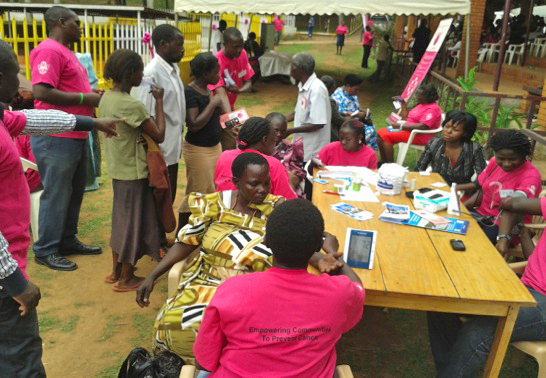Despite the massive increase in global health aid in the past decades, and the efforts made by governments to improve the health of their citizens, progress toward meeting the health Millennium Development Goals (MDGs) is slow Uganda and especially the rural communities. Successful health interventions oftentimes achieve results, however in many cases these results are not sustained over time. In addition, difficulties remain in scaling up successful interventions across larger geographical areas.
Poor governance in the health sector especially Health centre 2 has contributed to poor health outcomes. Conversely, effective governance in the health sector has the potential to enable sustainability of the effective health interventions as well as the ability to scale them up in order to reach many more people. As a result, the leadership, management, and governance of the health sector have become an important priority. Increasingly more attention is being given to assessing governance in the health sector and working to improve it. The Global Fund keeps track of how the country coordination mechanisms and principal recipients are governed to ensure efficient utilization of its resources. The World Health Organization (WHO) has also defined leadership and governance as one of the six key building blocks of any health system (WHO, 2007). The World Bank (1999) believes that governance matters and annually measures governance in low- and middle-income countries. The health sector has been a focus of its public expenditure tracking surveys and public expenditure reviews for over a decade now.
To begin to clarify BuildME’s understanding of “governance for health,” which has not yet been so well-defined in the context of Uganda, BuildME did a targeted literature review on governance across various health facilities and health institutions. Based upon this literature review as well as and discussions with many health sector governance experts, the team created a conceptual model of governance for health. The governance for health survey summarized within this report will help to further refine this model. BuildME has further established team of community health inspectors to follow up on day to day operations of government aided health facilities from parish level to district level.






